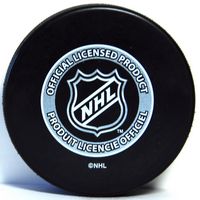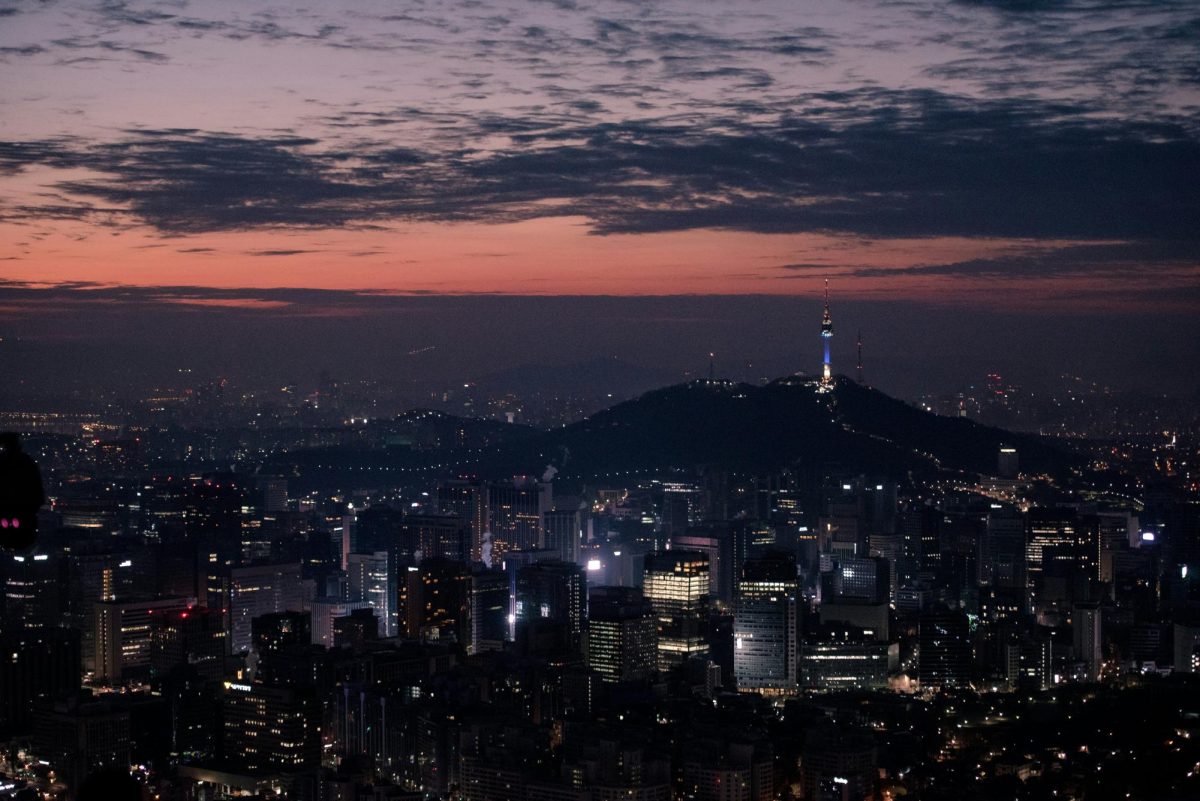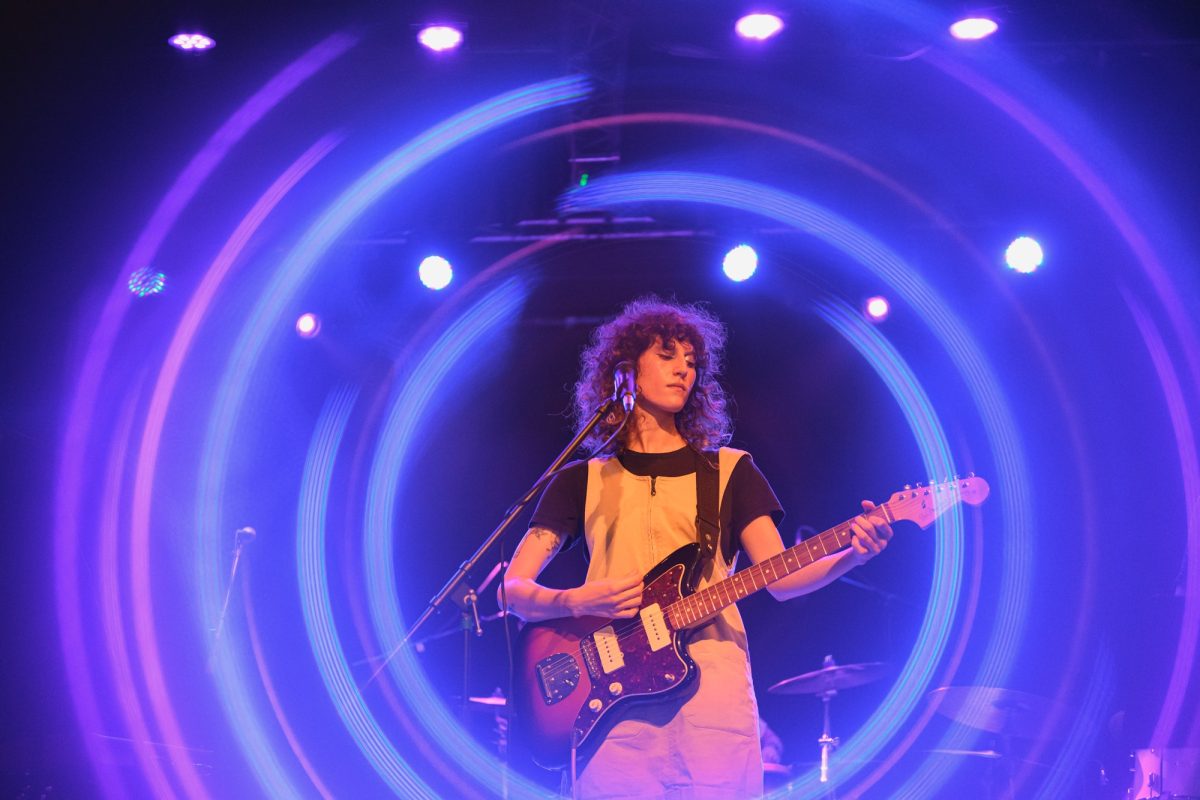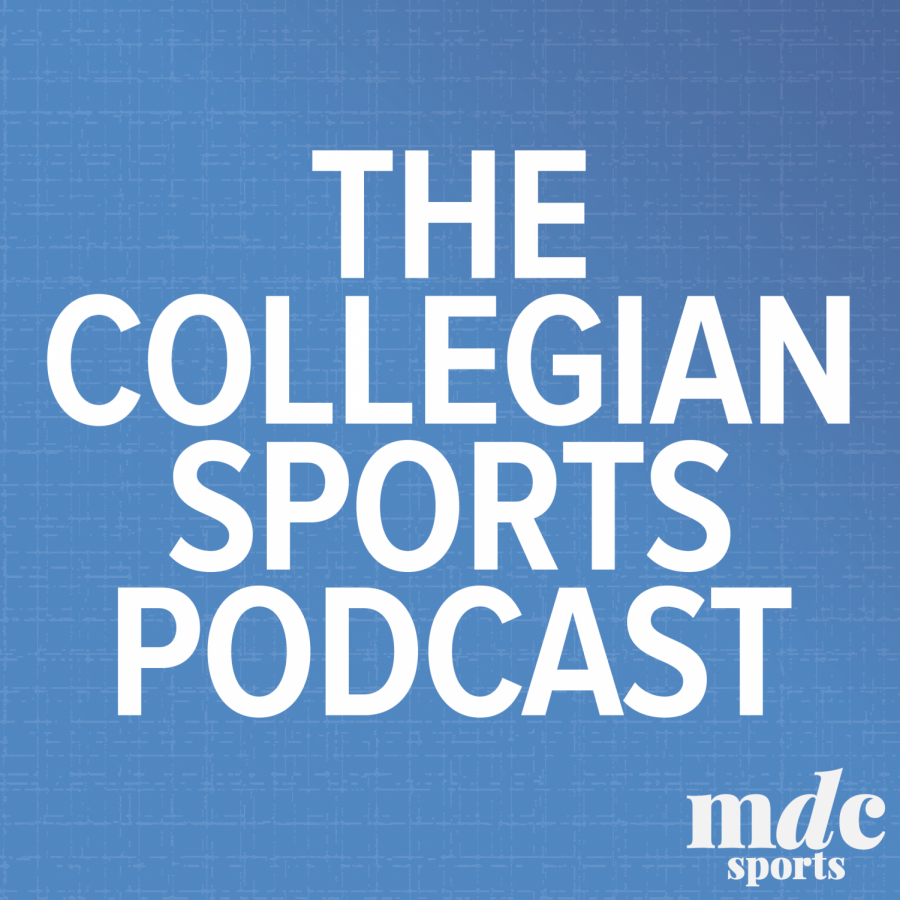
No LeBron. No Kobe. No Brian Scalabrine.
That’s a world that seems more of a possibility every week, as the specter of an NBA Lockout looms. On October 11, NBA Commissioner David Stern announced the cancellation of the season’s first two weeks, the first of what could be a procession of cancellations. The last major American sports league to cancel an entire season was the NHL in 2004-2005, and that’s who stands to gain the most from the NBA, if they take the same missteps in the coming months. If the NBA does not look to recent history and heed the NHL’s advice, they could suffer the same fate as their hockey contemporaries. Compromise or suffer devastating repercussions.
The NHL has long been the red-headed stepchild of the major four leagues in America. Their television contract puts the majority of their nationally-televised games on Versus, or the hinterlands of cable television (I’ll go out on a limb and bet you have no clue what channel it is). Sportscenter rarely plays NHL highlights, in part to ESPN being in bed financially with the NFL, MLB, and the NBA. Fans in southern nontraditional markets are slow to warm to their hockey franchises. Some players have last names like Khabibulin or Byfuglien that can tie tongues in knots. Yet, the NBA’s potential work stoppage provides the greatest opportunity for the NHL raise its profile nationwide.
It’s not a stretch of the imagination to say that if the Miami Heat don’t play this season, the Florida Panthers stand to gain some new fans, which in turn provides team with what they truly covet, capital. The same goes for the Dallas Stars (Mavericks), Phoenix Coyotes (Suns), and the Los Angeles Kings (Lakers and Clippers). Casual fans will have more time and money to focus on those teams, and if any of them pull off a great season, all the better. These teams have before them a chance to get themselves a toehold in their respective markets.
The problem with the NHL is chiefly its auxiliary fans. Hockey is a sport that breeds passion, and born out of that is a contingent of diehards that few other sports enjoy, particularly in the US. The level of devotion straddles the line between acceptable and absurd.
What the NHL really needs is to attract the more casual fan, the fair-weather fan who would have ample time to focus on the NHL, if the NBA was not wise enough to compromise. Big money for leagues comes from their television contracts. So naturally, more viewers means better ratings, and, you guessed it, more money.
The NHL should act now on this great opportunity. After its lockout, the NHL’s salary cap was roughly $40 million; now that is approximately the minimum every team must spend. The NHL is rightfully feeling a bit bullish. They must heed what Robin Williams taught us in “The Dead Poets Society,” “Carpe Diem: Seize the Day.”
Mark Bruso can be reached for comment at [email protected].








Marcel Shipp • Oct 19, 2011 at 9:14 pm
yeah, get a degree in journalism, THEN write for a college paper where all the writers are current students. Only then will this be good!
Dan • Oct 16, 2011 at 11:18 pm
Wish I could take back the 2 minutes I gave to this article. If the NBA goes on strike the NHL should capitalize. On doing what? Waiting for the NBA to strike. What happened to writers these days? Should have a degree in journalism before you post junk like this.nook so nhl should wait for NBA strike. Great plan.
Eric • Oct 16, 2011 at 10:27 pm
An extended NBA lockout this season might lead to a minor temporary bump in ticket sales and television viewership in cities that have teams in both leagues, but overall it is how the NHL markets itself and the health of youth/amateur hockey that will determine the long term growth of the NHL in much of the United States.
The NHL seems to have gone away from trying to attract casual fans (by not signing with ESPN to get a couple more minutes of time on SportsCenter) to growing it’s hardcore fanbase by resigning with NBCSports. The Versus Network will soon become the NBCSportsNetwork, with the intention of becoming more mainstream. With the exception of John Bucigross and Barry Melrose, hockey talk on ESPN was and still is laughable. NBC has hired many former players and coaches to discuss games in a much more intelligent manner and that in itself will make regular viewers more hockey educated, which can turn new fans in to hardcore fans.